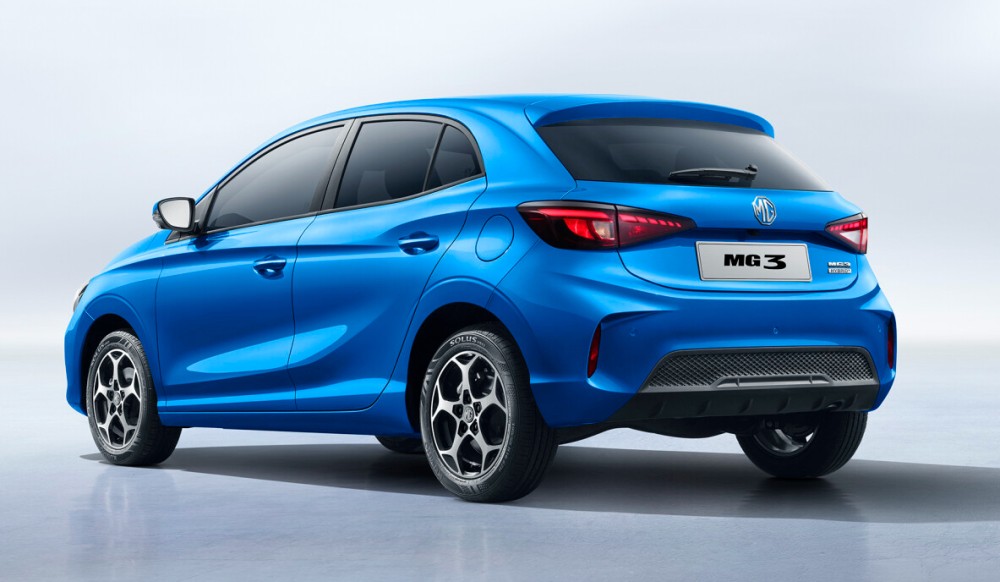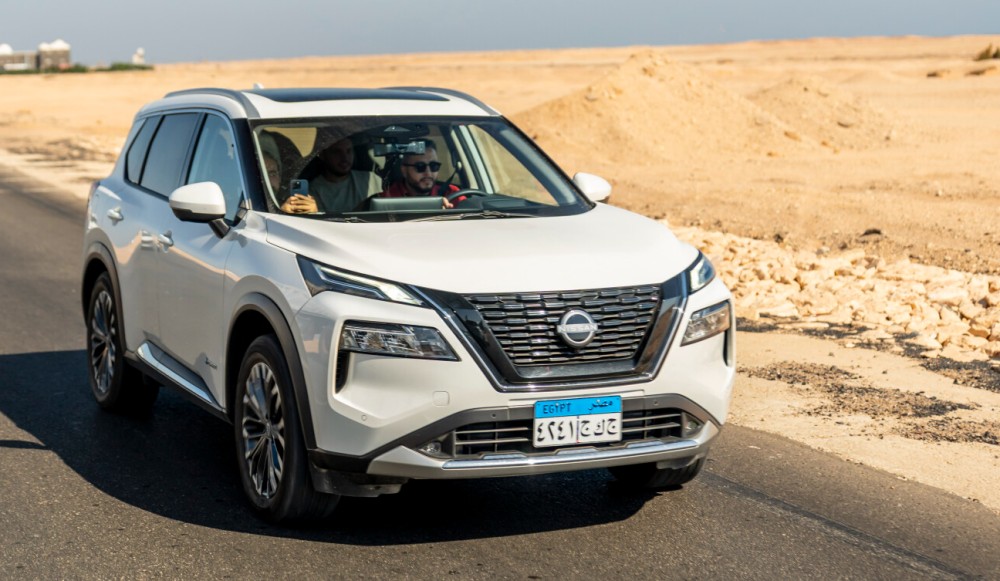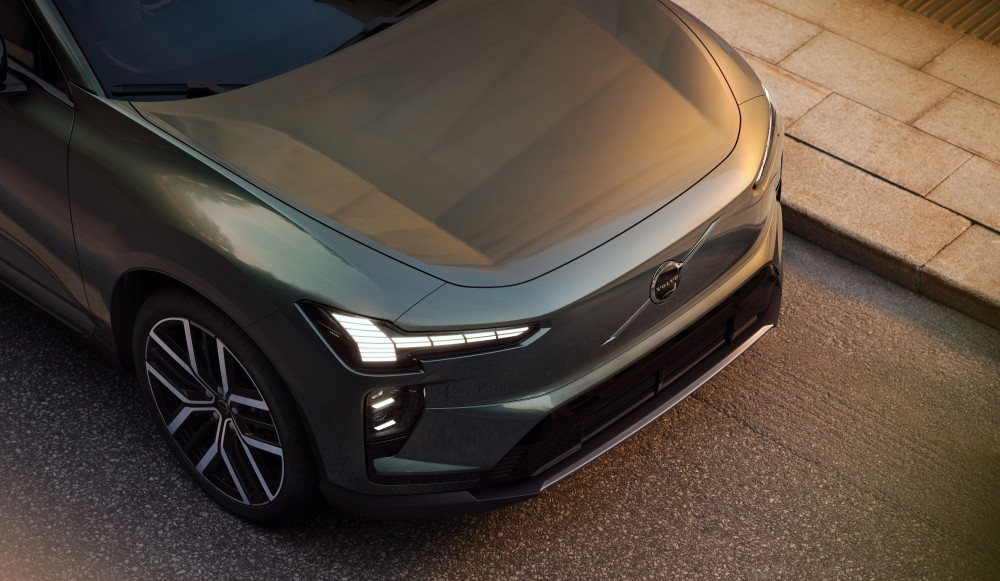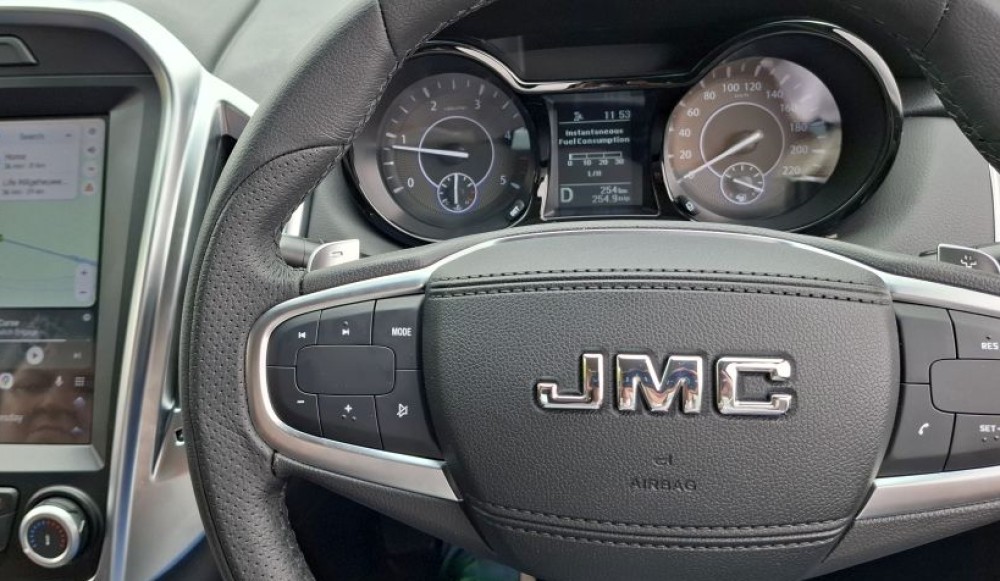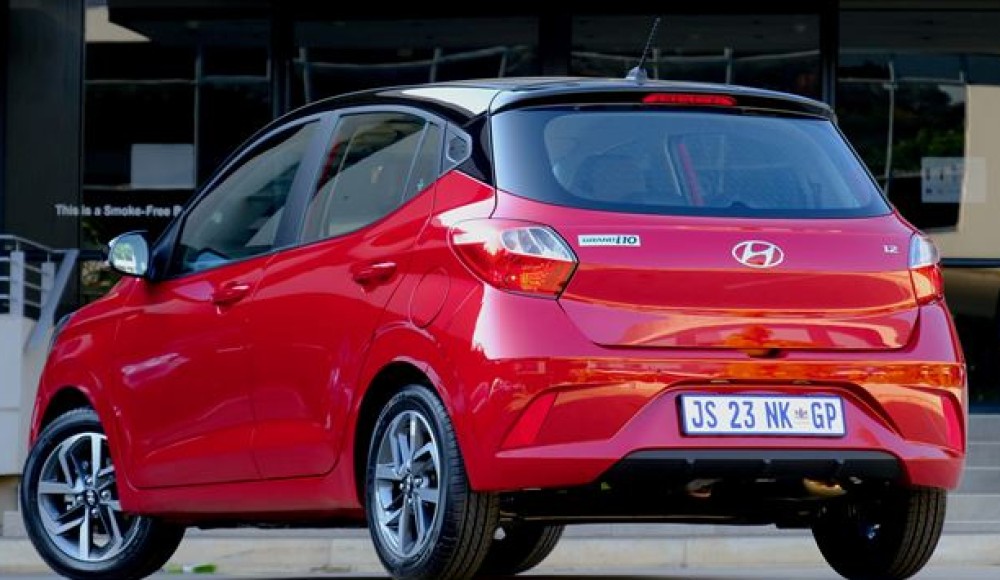
Order books for the new all-electric Range Rover have opened, but it’s not all over for combustion power yet.
While various power units have been available in the Range Rover through its many model generations, the one constant has always been the availability of a V8 engine. That is not set to change any time soon, even though the V8’s spot at the pinnacle of the Range Rover hierarchy has just been snatched by an all-electric drivetrain.

EV or not, it’s still a Range Rover
The means of propulsion may be radically different to what went before, but the official press release states that their new EV will embody all the qualities for which this luxury brand has become famous. It is based on the same all-aluminium “MLA-Flex” platform as its L460-type siblings, and looks pretty much identical to the petrol- and diesel-powered versions inside and out.
However, the near-silent operation of an electric motor will combine particularly nicely with the Range Rover’s plush interior and refined nature, further enhancing its abilities as a prestige conveyance. It doesn’t hurt that the Range Rover EV will be pretty rapid, either, with performance that is claimed to rival that of the twin-turbo V8 variant.
Range Rover is electrifying its entire model range, and recently upgraded the hybrid Velar. Get the details here.
Few specifications as yet
Details regarding the Range Rover Electric’s battery capacity, motor outputs, and driving range are still unknown at the time of publication, so we’ll have to take Land Rover’s word for its performance. We do know that it will operate on an 800-volt architecture, so rapid charging and huge outputs will definitely be on the cards.

Off-road ability is another core Range Rover value that will be maintained or enhanced, and Land Rover reckons that it will be capable of wading through water up to 850 mm deep, just like its stablemates. And, thanks to the precise torque control offered by electric motors, off-road traction is sure to be as spectacular as its air suspension-enhanced ground clearance - the L460 Range Rover can lift itself to a maximum off-road height of 440 mm.
Want to compare the various hybrid types with pure electric motoring? ALL THINGS MOTORING did the research so you don't have to.
Internal combustion remains on the menu
The rest of the L460 Range Rover series continues with a selection of petrol- and diesel engines. Full-time four-wheel drive is a given across the board, featuring an “intelligent AWD system” that disconnects the front drive shaft when AWD isn’t needed, resulting in a claimed 35% reduction in driveline losses on the road.

The Ingenium inline six-cylinder single-turbo petrol engine in the P460e features a plug-in hybrid (PHEV) setup, to deliver total outputs of 338 kW and 550 Nm and a claimed electric driving range of 109 to 125 km. With its related Ingenium twin-turbo inline-six diesel engine, the D350 variants go without any electric assistance, but produce a staunch 258 kW and 700 Nm nonetheless. This option may well prove to be the most-frugal choice in the range on a cross-country trip.
V8 petrol power is still available at the high end of the range, in two mild-hybridised flavours. For this generation, the Range Rover finally bids farewell to the ancient Ford-era supercharged 5.0-litre V8, and welcomes BMW’s 4.4-litre twin-turbo V8 in two states of tune. The lower-output V8 delivers 390 kW and 750 Nm in the P530 models, rising to 452 kW (albeit with an identical 750 Nm) in the P610 SV.
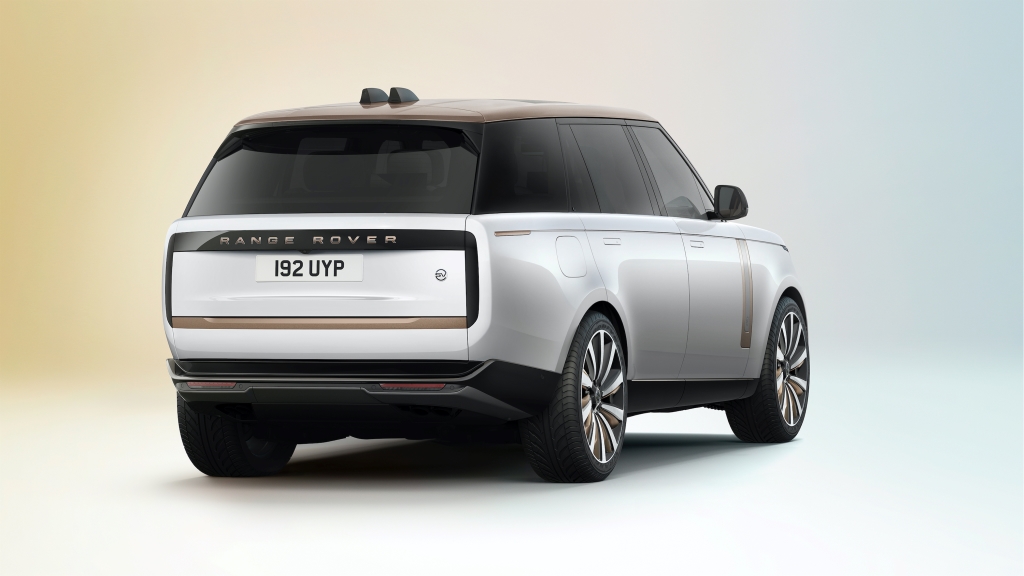
If the latter model is the V8 to which the Range Rover Electric’s press release refers, you’d be looking at a 0 - 100 km/h dash in the low 4-second bracket, because that’s how fast the nearly 2.8-ton P610 SV hurtles itself out of the starting blocks. Except that the EV will likely be even quicker from a standstill, thanks to all that delicious and instant electric torque just a flick of the right ankle away.
This engine line-up could likely be revised by the time the Electric physically arrives from 2025 onwards, because an even more powerful six-cylinder petrol with up to 410 kW was announced during this model’s international update for 2024. There is no word on when (or even if) this revised engine will come to South Africa, however, especially given the similarity between its rated output and that of the base V8 engine.
Configure your own Range Rover on the official website, and marvel at the massive potential for personalisation!
How much will the Range Rover Electric cost?
The current range opens up with the shorter-wheelbase D350 HSE, carrying a pricetag of R 3,246,100 at the time of publication. Six-cylinder petrol power starts at R 3,315-million, the least-expensive P530 V8 costs R 4,156,300 before options, and then the pricetags soar all the way to R 5,295,900 for the LWB P615 SV. Add some “SV Bespoke” options to this, and be prepared to add an easy R 200,000 in extras.

Then consider that the Electric will be the same size but of much greater heft, with its 800V electrical system and the massive batteries needed to provide both stirring performance and a reasonable driving range added to the mix. Those batteries and inverters alone will probably be enough to push the price of the Range Rover EV well beyond the R 6-million mark in its higher trim levels.
That’s a lot of money, even before adding the kerbside value of an electric Range Rover’s likely status as an aspirational device for the ultra-rich with money to flaunt. So, even in this regard, the Electric is destined to become the ultimate Range Rover - obviously very expensive, and intended to be the envy of those who get to behold it. This has always been the Range Rover way, after all.
If you’re looking for a new or used Range Rover, this selection on CHANGECARS will include your dream machine.
Martin Pretorius
- Proudly ALL THINGS MOTORING


